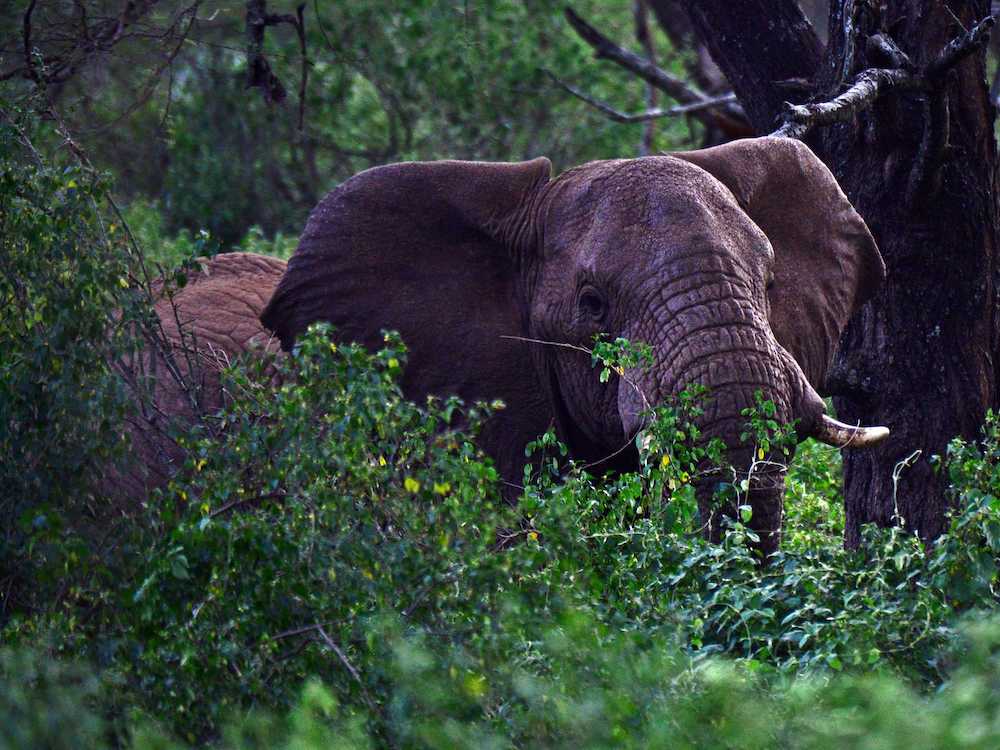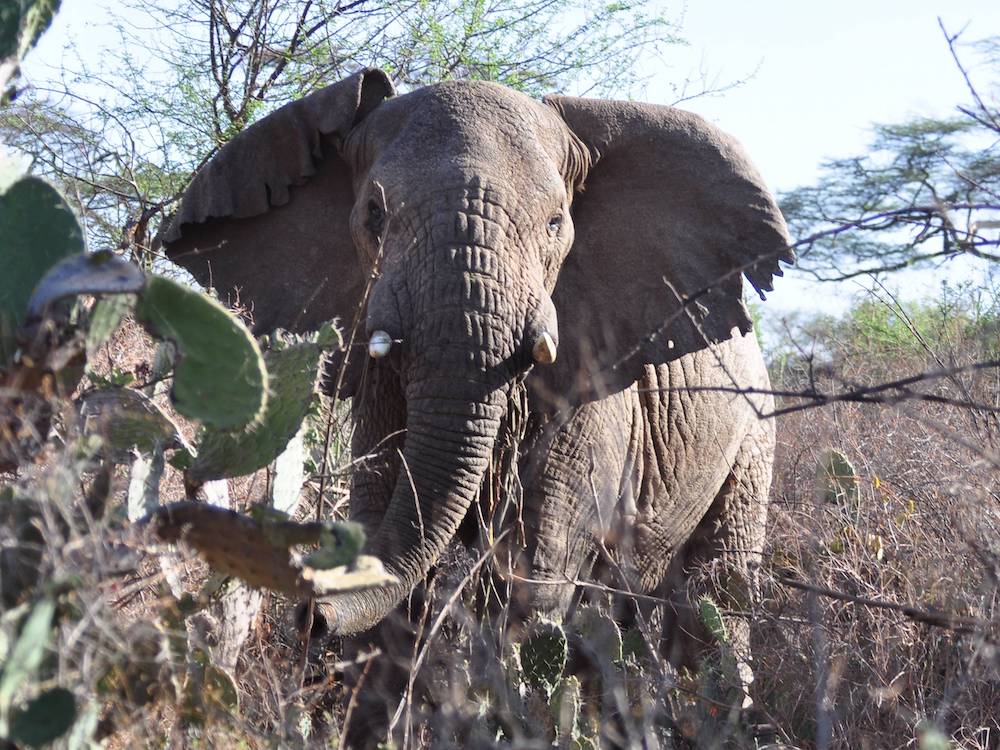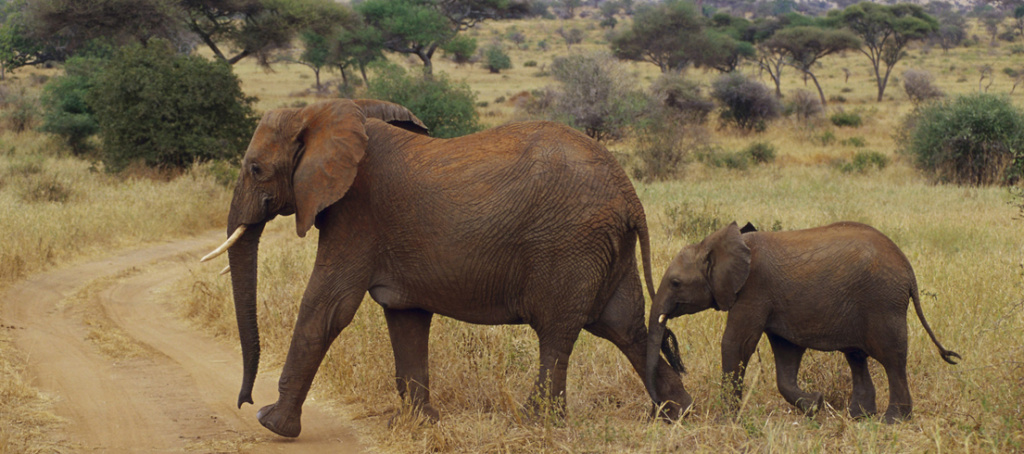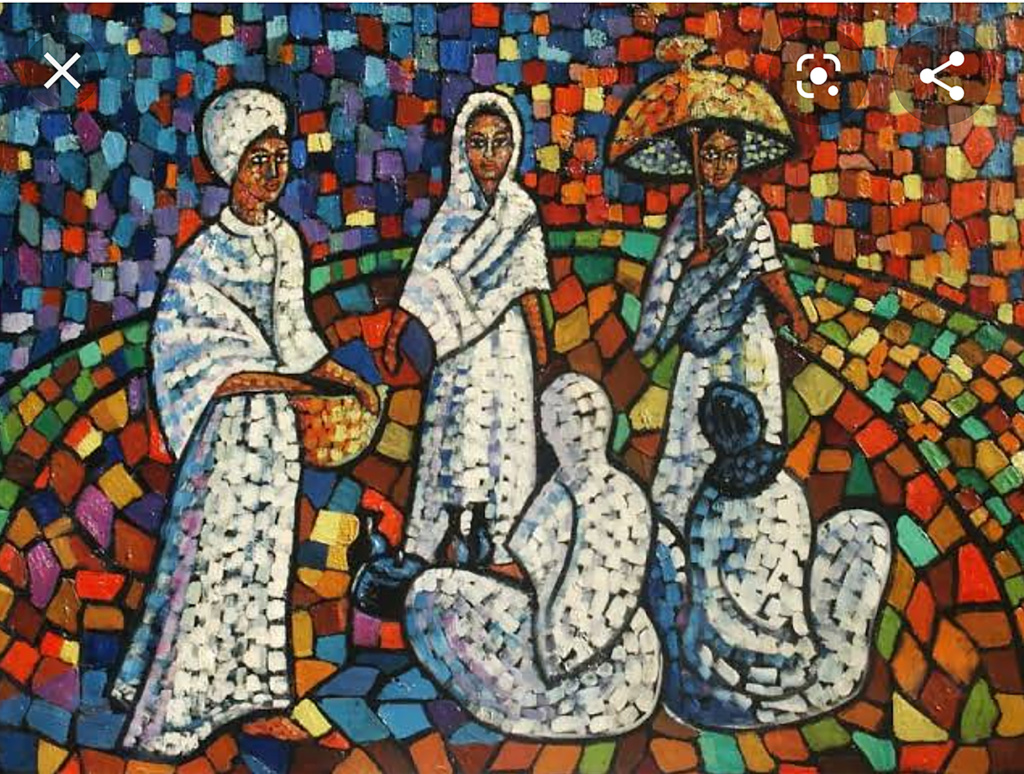Poaching is tragically on the rise in Ethiopia. Not only is it a devastating loss to an already dwindling elephant population here but a total disrespect by humans for this magnificent species….From more than10,000 elephants in 1970, there are now allegedly less than 3,000. The park was established in 1974 to protect elephants and giraffes. This decline is due to poaching and a degradation of their natural habitat such as the Mago National Park where 8 elephants were slaughtered just a few weeks ago when they wandered away from the park in search of a watering hole. Officials suspect that most elephant tusks are slipped out of the country to China and south-east Asian countries. In 2015, Ethiopian officials burned 6.1 tonnes of illegal elephant tusks, ivory trinkets, carvings and various forms of jewellery to discourage poaching and the ivory trade.
The oldest and the most famous Elephant here in Ethiopia known by the nick name ‘Shurulle’ died in late May. The cause of the death was due to old age (usually followed by the wearing down of last set of teeth; elephants have 6 sets of molars from birth to death). Older elephants with reduced chewing abilities such as Shurulle intentionally move to areas with softer food and consequently may wander into croplands which inevitably heightens human/elephant conflict. Shurulle was an example of this; he spent his last two months around marshy areas and farm lands looking for soft food.
The unreserved efforts of committed CCNP rangers (Scouts) followed his activities day by day until his final demise. The largest tusks of Shurulle were taken to the museum for tourism, research and education purposes. With the Gold Standard Ivory storeroom management program, his tusks will be secured and guaranteed never to enter the horrifying ivory trade.
While Shurulle may have died in old age, many other elephants in Ethiopia (and Africa) are not so lucky and remain in danger…..such as the shocking recent poaching…
You cannot write about elephants without mentioning Ethiopian-Italian Greta Francesca Iori and her passion for wildlife leading to a career as a wildlife crime expert. As a consultant, Iori works with various organizations to protect lions and endangered elephants in some of the most remote parts of Ethiopia.
“Protecting elephants has been deeply challenging in Ethiopia mainly due to the illegal ivory trade, incapable leadership, corruption, continuous degradation of habitats & the increasing pressure of rapid population growth across Africa. COVID19 adds a whole new layer of complications to an already difficult scenario. As you can imagine, law enforcement and patrols have largely come to a standstill in National Parks due to lockdowns and social distancing. The collapse of ecotourism also means that local communities employed by tourism and National Parks will all have little to no income until things picks up again which could take months if not years. As is in all adverse times, it is always the most fragile who will pay the highest price. Focusing on the conservation of elephants and their habitats means focusing on the conservation and sustainable development of endless species, habitats, ecosystems, nation’s incomes, tourism potential, local communities, and universal heritage. In Ethiopia since the 1980s, we have lost about 90 percent of our elephant population, so it’s vital that we work to protect them.”
A plea from Greta: “Don’t be afraid to educate your circles on the importance of creating wildlife and nature economies that benefit local communities, speak up against those who encourage poaching, captive wildlife centers, exotic pets or purchasing of wildlife products such as wildlife skins, ivory, rhino horn, pangolin scales, live birds, shark fin, etc. It costs us nothing to do the right thing and ask the right questions, our environment depends on it”!
In light of the tragic and senseless recent killing of the elephants Dr. Habte Jebessa Debella, associate Professor at Addis Ababa University, College of Natural and Computational Sciences, Department of Zoological Sciences initiated a Petition of outrage against the massacre in Mago National Park advocating preservation for wildlife. “Wildlife Conservation falls within my field, as I teach and research in Wildlife Conservation. As a wildlife researcher, and conservationist, I was devastated by this news!! Wildlife is important for our own survival. They are ecosystem engineers, food web connectors, beauty of the forest and tourism attractors”….
Sources: Ministry of Tourism and Culture
Interview excerpts from Greta
Online petition: (https://secure.avaaz.org)
Photo Credits: Courtesy of Greta Francesca Iori (with unnamed elephant)
Ethiopian Tourism Office
Born Free





